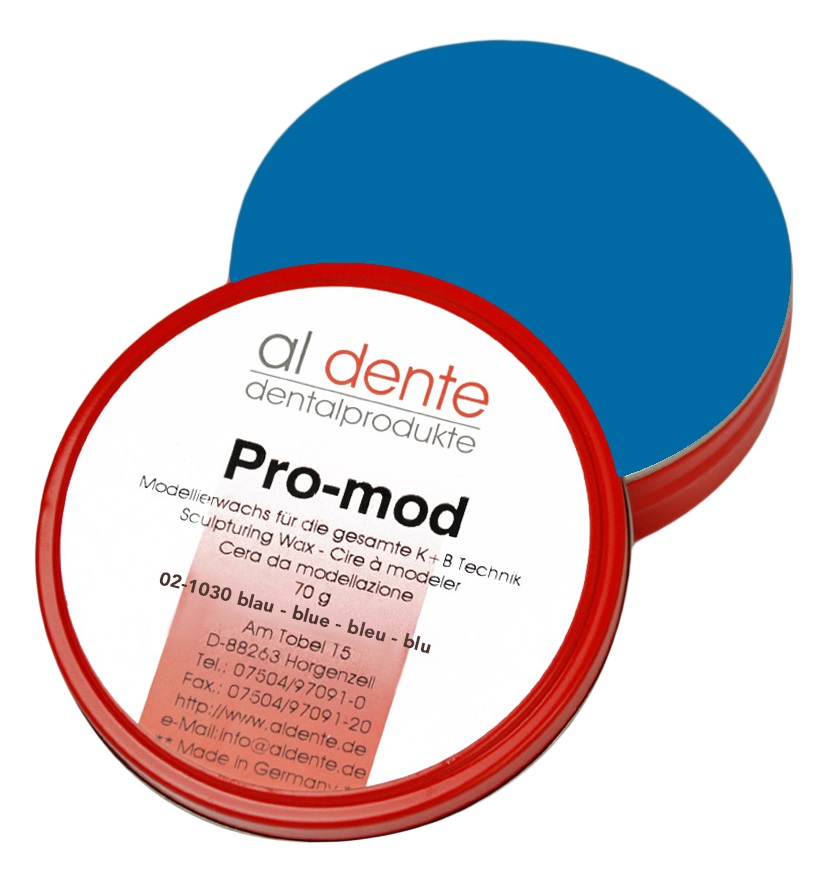

This period of a renewed de-escalation from 1983 to 1991 is sometimes referred to as the second period of détente. Diplomatic overtures were continued by the succeeding Bush administration, including the ratification of the START treaty, up until the collapse of the Soviet Union in 1991. During Gorbachev's leadership, dialogue over the START arms reduction treaty meaningfully progressed. Shultz shifted the Reagan administration's foreign policy towards another period of de-escalation with the Soviet Union especially following Mikhail Gorbachev coming to power. In response to the heightening tensions, Secretary of State George P. Relations continued to increasingly sour through the unrest in Poland, the U.S.'s withdrawal from the SALT II arms treaty, and the NATO Able Archer exercise. In his first press conference, Reagan claimed that the U.S.'s pursuit of détente had been used by the Soviet Union to further its interests. Ronald Reagan's election as president in 1980, based in large part on an anti-détente campaign, induced a period of rising tension. ĭétente is considered to have ended after the Soviet intervention in Afghanistan, which led to the United States' boycott of the 1980 Moscow Olympics. An ongoing debate among historians exists as to how successful the détente period was in achieving peace. The period of détente in the Cold War saw the ratification of major disarmament treaties such as the Anti-Ballistic Missile Treaty and the creation of more symbolic pacts such as the Helsinki Accords. The hotline enabled leaders of both countries to communicate rapidly in the event of another potentially catastrophic confrontation.

#ALDENTE PRO INSTALL#
Following the Cuban Missile Crisis in 1962, both the United States and Soviet Union agreed to install a direct hotline between Washington and Moscow, colloquially known as the red telephone.

While the recognized era of détente formally began under the Nixon presidency, there were prior instances of relationship relaxation between the U.S. Détente was known in Russian as разрядка ( razryadka), loosely meaning "relaxation of tension".

In an effort to avoid an escalation of conflict with the Eastern Bloc, the Nixon administration promoted greater dialogue with the Soviet government in order to facilitate negotiations over arms control and other bilateral agreements. Détente began in 1969 as a core element of the foreign policy of United States President Richard Nixon. The term is often used to refer to a period of general easing of geopolitical tensions between the Soviet Union and the United States during the Cold War. The diplomacy term originates from around 1912, when France and Germany tried unsuccessfully to reduce tensions. Leonid Brezhnev ( left) and Richard Nixon ( right) during Brezhnev's June 1973 visit to Washington, D.C., a high-water mark in détente between the United States and the Soviet Union Barack Obama and Raúl Castro at a press conference in Havana, Cuba, in March 2016 Donald Trump and Kim Jong Un at a summit in Hanoi, Vietnam, in February 2019ĭétente ( French for 'relaxation' French pronunciation: ) is the relaxation of strained relations, especially political ones, through verbal communication. ( April 2020) ( Learn how and when to remove this template message) See Wikipedia's guide to writing better articles for suggestions. This article's tone or style may not reflect the encyclopedic tone used on Wikipedia.


 0 kommentar(er)
0 kommentar(er)
